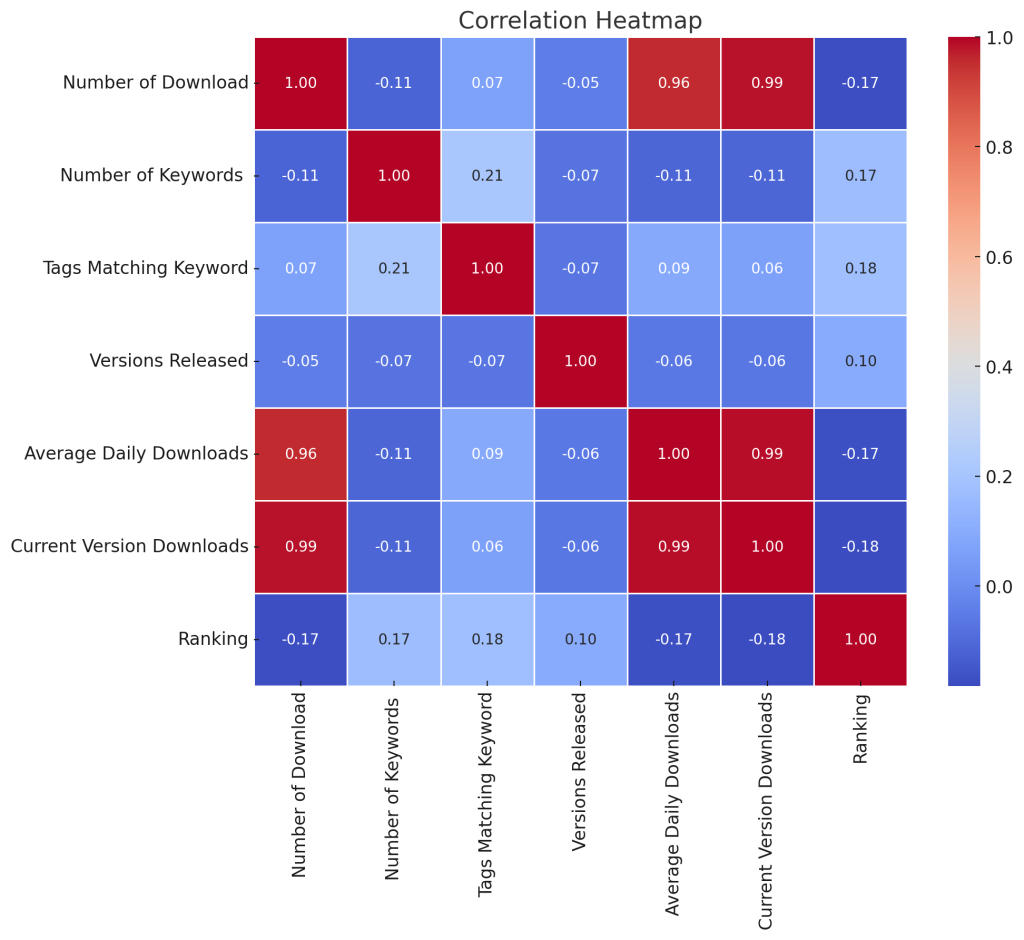
NuGet is a critical platform for .NET developers to share and discover libraries, tools, and frameworks. With thousands of packages available, standing out in search results is crucial for maximizing your package’s visibility and impact. In this post, we share actionable insights and proven strategies for optimizing NuGet package search rankings, based on an in-depth analysis of 59 packages.
Why Search Ranking Matters for NuGet Packages
When developers search for solutions on NuGet, they rarely scroll beyond the top results. Ranking higher ensures your package is seen, downloaded, and used, building credibility and community trust. But what factors determine your package’s position in search results? To answer this, we conducted a data-driven analysis, uncovering what really matters. Explore our dataset here.
Key Factors Influencing NuGet Rankings
1. Tags Matching Keywords
Our analysis found that the most impactful factor for improving search rankings is adding relevant tags. Tags act as meta-identifiers, connecting your package to specific search terms. If you want to rank higher, make sure your tags align with keywords your audience is searching for.
2. Keywords in Title and Description
Including search keywords in your package’s title and description is another major driver of visibility. NuGet’s algorithm appears to prioritize packages with keyword relevance, so don’t overlook the importance of crafting clear and targeted descriptions.
3. Factors with Minimal Impact
Surprisingly, factors like download counts (total and current version) and number of versions released have little influence on rankings. While these metrics build credibility, they don’t guarantee top placement in search results.
Proven Strategies for Optimizing NuGet Rankings
1. Research and Target the Right Keywords
Use tools like Google Keyword Planner to identify the most commonly searched terms in your domain. Prioritize these keywords in your:
- Tags
- Title
- Description
For example, if your package is related to “data analytics,” make sure those exact words appear prominently.
2. Add Relevant Tags
Tags are your package’s bridge to NuGet’s search algorithm. Focus on adding tags that reflect:
- Common industry terms
- Synonyms for your package’s functionality
- Niche keywords your audience might use
3. Keep Your Package Updated
While updates don’t directly impact rankings, they keep your package relevant and encourage downloads. Regular updates show that your package is actively maintained, which can boost its credibility.
4. Optimize Your Package Page
A well-designed package page with clear descriptions, examples, and documentation enhances user engagement. This may indirectly affect rankings by increasing downloads and positive feedback.
Common Misconceptions About NuGet Rankings
Myth: More Downloads Guarantee Better Rankings
Our analysis showed a weak correlation between download numbers and ranking. Popularity alone isn’t enough—relevance to search terms is far more critical.

Myth: Releasing More Versions Boosts Ranking
The number of versions released had minimal impact in our study. Focus on quality updates rather than quantity.
Conclusion
Optimizing your NuGet package for search ranking requires a focus on tags and keyword optimization. By aligning your package with what developers are searching for, you can significantly improve its discoverability and adoption.
Ready to make your package stand out? Start by refining your tags, titles, and descriptions today!
Let’s Discuss
Have you found success with any other strategies for improving your NuGet package’s ranking? Share your thoughts in the comments or reach out—we’d love to hear from you!
